By: Kyrene Family Dentistry2015-04-07Your toothbrush is obviously something you stick in your mouth a couple of times a day. We put toothpaste on it, rinse it and then move about our day. But what’s lurking in between those bristles that we’re not aware of? Dentists estimate that there are 1.2 million microscopic organisms on the average toothbrush. Replace your toothbrush every 3 months because these are some things you do not want in your mouth:  Flu virus. The infamous influenza causes chills, fever, and body pains that render most people unable to work or study. Dentists advise that you change your toothbrush after you have gotten over any sort of viral infection, but especially the flu.Fecal matter. When the toilet is flushed, tiny particles of fecal matter travel on tiny water droplets through the air. Keep you toothbrush as far away from the toilet as possible.Staph: Staphylococcus aureus causes skin infections such as boils, styes and infection at wound sites.Oral herpes virus. Someone with an active herpes outbreak in the form of sores around their mouth can leave oral herpes virus on their toothbrush that can live for up to a week. Dentists feel transmission of the herpes virus from using someone else’s toothbrush is possible, since the virus travels in saliva.Escherichia Coli (E. coli). Remember the horrible item 2? E. coli bacteria are present to some degree in most feces, so with fecal matter comes some e. coli too. This bacteria causes nausea, vomiting and infectious diarrhea.Candida albicans (yeast). This is a microscopic yeast that causes yeast infections when it becomes too prevalent in any one area of the body. In the mouth, this yeast infection is called thrush, and it is very contagious. Anyone in the household being treated for thrush should switch to a new toothbrush once treatment begins.Blood. Microscopic particles of blood can be found on almost all adult toothbrushes, because gum disease is so common in those over the age of thirty.Cosmetic aerosols. Everything you’re spraying in the bathroom may land on your toothbrush if it’s left out on the bathroom counter, like hair styling products, perfume, etc.This is why we should take care to keep our toothbrushes dry and clean. It may seem counterintuitive, but it’s best to let your toothbrush stay on the bathroom counter, uncovered, so air can circulate around it and allow it to dry. Dry toothbrushes don’t harbor bacteria (bonus points if you can let you toothbrush get some sunlight from a window).
Flu virus. The infamous influenza causes chills, fever, and body pains that render most people unable to work or study. Dentists advise that you change your toothbrush after you have gotten over any sort of viral infection, but especially the flu.Fecal matter. When the toilet is flushed, tiny particles of fecal matter travel on tiny water droplets through the air. Keep you toothbrush as far away from the toilet as possible.Staph: Staphylococcus aureus causes skin infections such as boils, styes and infection at wound sites.Oral herpes virus. Someone with an active herpes outbreak in the form of sores around their mouth can leave oral herpes virus on their toothbrush that can live for up to a week. Dentists feel transmission of the herpes virus from using someone else’s toothbrush is possible, since the virus travels in saliva.Escherichia Coli (E. coli). Remember the horrible item 2? E. coli bacteria are present to some degree in most feces, so with fecal matter comes some e. coli too. This bacteria causes nausea, vomiting and infectious diarrhea.Candida albicans (yeast). This is a microscopic yeast that causes yeast infections when it becomes too prevalent in any one area of the body. In the mouth, this yeast infection is called thrush, and it is very contagious. Anyone in the household being treated for thrush should switch to a new toothbrush once treatment begins.Blood. Microscopic particles of blood can be found on almost all adult toothbrushes, because gum disease is so common in those over the age of thirty.Cosmetic aerosols. Everything you’re spraying in the bathroom may land on your toothbrush if it’s left out on the bathroom counter, like hair styling products, perfume, etc.This is why we should take care to keep our toothbrushes dry and clean. It may seem counterintuitive, but it’s best to let your toothbrush stay on the bathroom counter, uncovered, so air can circulate around it and allow it to dry. Dry toothbrushes don’t harbor bacteria (bonus points if you can let you toothbrush get some sunlight from a window).
Nasty Things that can hide in your Toothbrush

